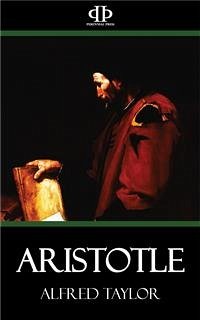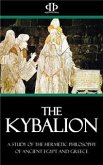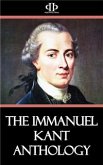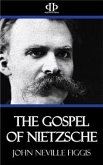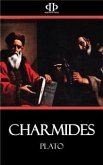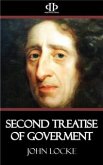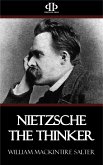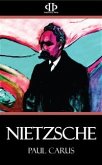It has not commonly been the lot of philosophers, as it is of great poets, that their names should become household words. We should hardly call an Englishman well read if he had not heard the name of Sophocles or Molière. An educated man is expected to know at least who these great writers were, and to understand an allusion to the Antigone or Le Misanthrope. But we call a man well read if his mind is stored with the verse of poets and the prose of historians, even though he were ignorant of the name of Descartes or Kant. Yet there are a few philosophers whose influence on thought and language has been so extensive that no one who reads can be ignorant of their names, and that every man who speaks the language of educated Europeans is constantly using their vocabulary. Among this few Aristotle holds not the lowest place. We have all heard of him, as we have all heard of Homer. He has left his impress so firmly on theology that many of the formulae of the Churches are unintelligible without acquaintance with his conception of the universe. If we are interested in the growth of modern science we shall readily discover for ourselves that some knowledge of Aristotelianism is necessary for the understanding of Bacon and Galileo and the other great anti-Aristotelians who created the "modern scientific" view of Nature. If we turn to the imaginative literature of the modern languages, Dante is a sealed book, and many a passage of Chaucer and Shakespeare and Milton is half unmeaning to us unless we are at home in the outlines of Aristotle's philosophy. And if we turn to ordinary language, we find that many of the familiar turns of modern speech cannot be fully understood without a knowledge of the doctrines they were first forged to express. An Englishman who speaks of the "golden mean" or of "liberal education," or contrasts the "matter" of a work of literature with its "form," or the "essential" features of a situation or a scheme of policy with its "accidents," or "theory" with "practice," is using words which derive their significance from the part they play in the vocabulary of Aristotle. The unambitious object of this little book is, then, to help the English reader to a better understanding of such familiar language and a fuller comprehension of much that he will find in Dante and Shakespeare and Bacon...
Bitte wählen Sie Ihr Anliegen aus.
Rechnungen
Retourenschein anfordern
Bestellstatus
Storno

